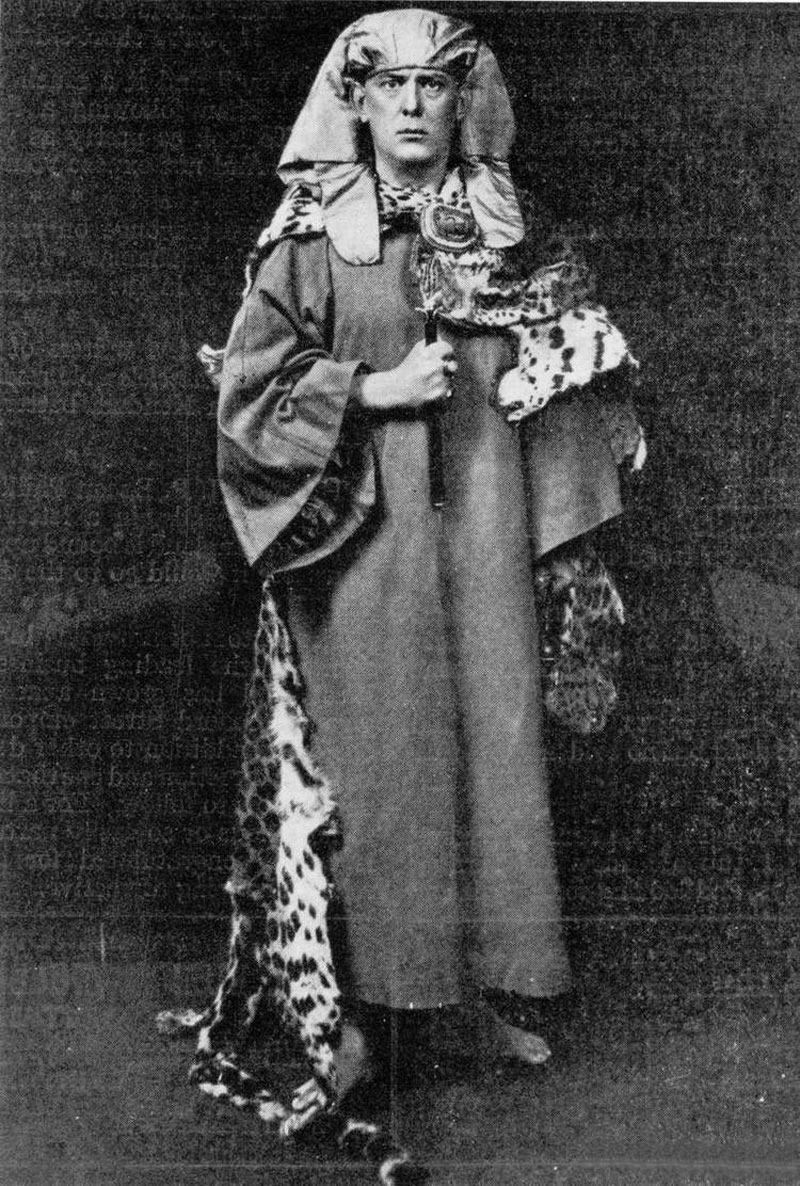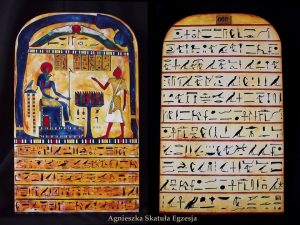The New York Times Book Review ran Bruce Boucher’s review of Egyptomania by Ronald Fritze earlier this month. The book surveys the fascination — oftimes shallow and misguided — with the ancient land of Khem dating back to Classical Greek times and extending through the Victorian era. It’s noted that, “The Greeks and Romans deferred to it [Egypt] as a far older civilization, whose monuments and writing seemed both baffling and magical.” The reviewer seems dismayed that Fritze’s book gets into “digressions on Hermeticism and Rosicrucianism.” And indeed, a significant number of surviving texts from various periods of Egypt’s pre and pharoanic 5000 years of history contain formulae for navigating the afterlife and attaining a happy berth there, seeking divine favors and various more humble spells. There was a further blossoming of thaumaturgical works produced during the period of Greek, then Roman rule of Egypt documented in a substantial number of papyri preserved in the bone-dry, salty sands of deserted Hellenic towns.
Is it any wonder that a young Aleister Crowley would make a pilgrimage to Cairo, joining a large number of better known tourists attracted to the mystery and exoticism of that country? In constructing his mystical, philosophical and magical systems, he rendered them as seductively trendy including imagery, terminology and some religious concepts taken from early (often inaccurate) studies of the religion, architectural art and overall, seeking to tap into the au courant European obsession with all things Egyptian that elsewhere manifested in “Piranesi’s Egyptian coffeehouse interior, or the geometrical abstraction of Boullee’s cenotaph honoring Newton or the majestic stage sets designed by Karl Friedric Schinkel of Mozart’s “Magic Flute.” Read the review here:
http://www.nytimes.com/2016/12/02/books/review/egyptomania-ronald-fritze.html?_r=0


